The latest Mineta Transportation Institute (MTI) research, No Ticket to Ride: A Systematic Definition of Transit Insecurity, found several factors that contribute to transit insecurity.
MTI used a systematic review of literature on transportation.
The latest MTI research found several factors that contribute to transit insecurity.
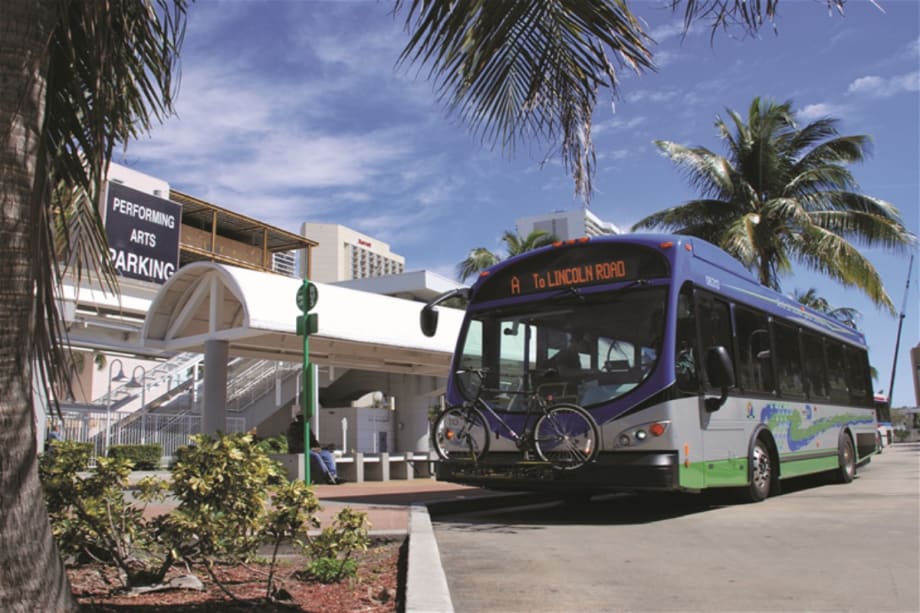
MTI presents the definition of “transit insecurity” as the inability to consistently access or afford reliable transportation.
Photo: FDOT
The latest Mineta Transportation Institute (MTI) research, No Ticket to Ride: A Systematic Definition of Transit Insecurity, found several factors that contribute to transit insecurity.
MTI used a systematic review of literature on transportation.
The review found these four primary factors that contribute to transit insecurity:
Several studies used in this research found transit insecurity to be more prevalent in lower income individuals or neighborhoods.
Several studies demonstrate the negative impacts that travel distance can have on an individual’s likelihood to make use of health services. For example, one study found that individuals with diabetes actually had higher glycemic levels when they lacked transportation access and were not able to visit health care facilities for treatment.
Similarly, multiple studies suggest that long travel time contributes to persons or communities being transit insecure, which can exacerbate negative health outcomes.
Several studies have shown that transit environments have not always been inclusive of individuals with cognitive impairments and individuals with disabilities.
“Along with the direct effects of inability to consistently access transit, we suspect that there are links between transit insecurity and other, more well-studied issues like food- and job-insecurity; we hope these links will become increasingly apparent with further research,” said Dr. Dan Nathan-Roberts, the study's author.
MTI presents the definition of “transit insecurity” as the inability to consistently access or afford reliable transportation. This leads to demonstrable negative impacts on a person or community.
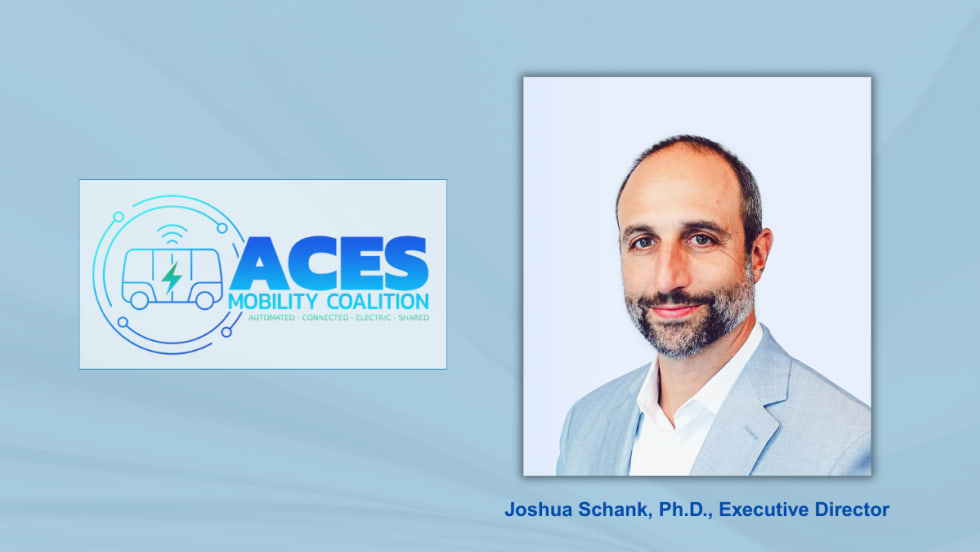
Veteran transportation innovator to lead coalition as it pushes nationwide expansion of shared autonomous mobility.
Read More →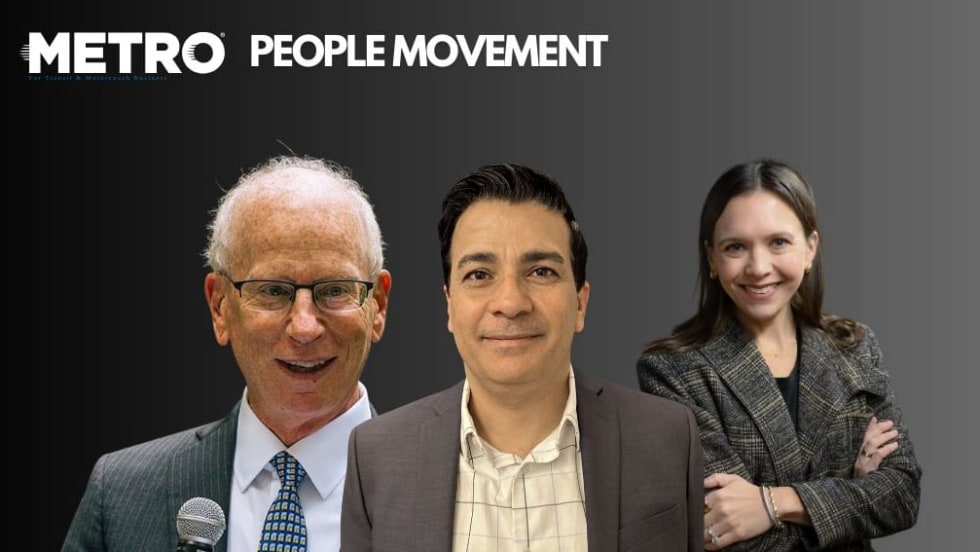
In this edition, we cover recent appointments and announcements at HDR, NCTD, STV, and more, showcasing the individuals helping to shape the future of transportation.
Read More →
The service is a flexible, reservation-based transit service designed to close the first- and last-mile gaps and connect riders to employment for just $5 per day.
Read More →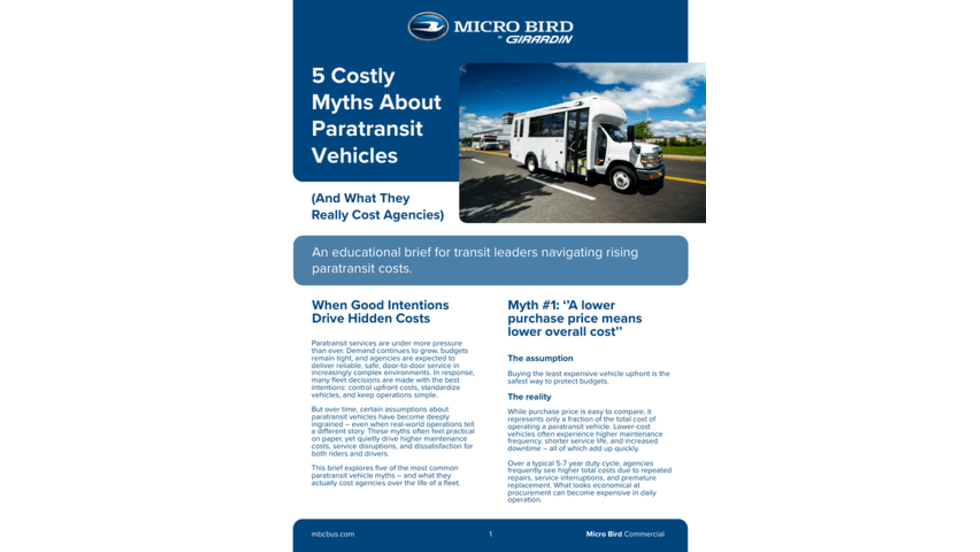
What agencies often overlook when selecting vehicles.
Read More →
Stay informed with these quick takes on the projects and companies driving progress across the transportation landscape.
Read More →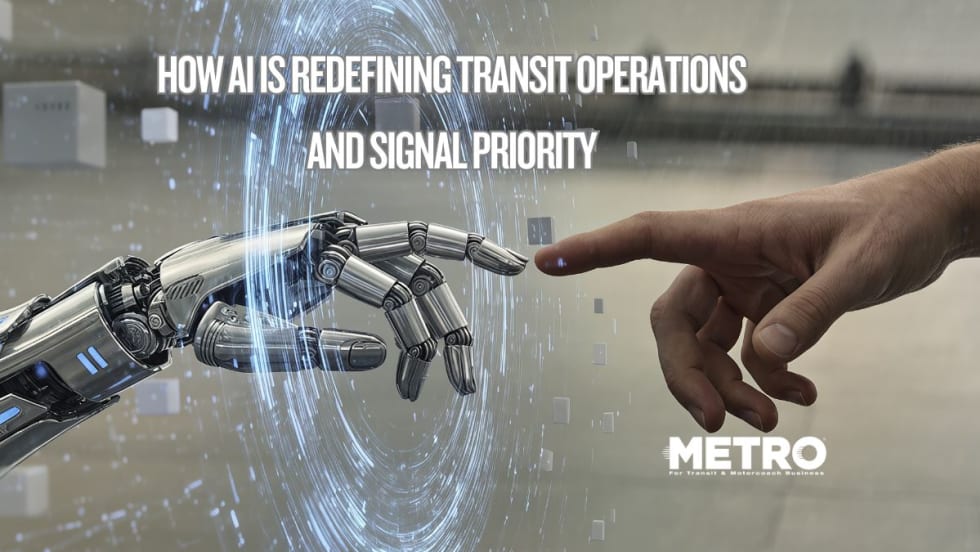
In a recent episode of METROspectives, LYT CEO Timothy Menard discusses how artificial intelligence, cloud connectivity, and real-time data are transforming traffic management, boosting bus reliability, and enabling system-wide transit optimization across cities.
Read More →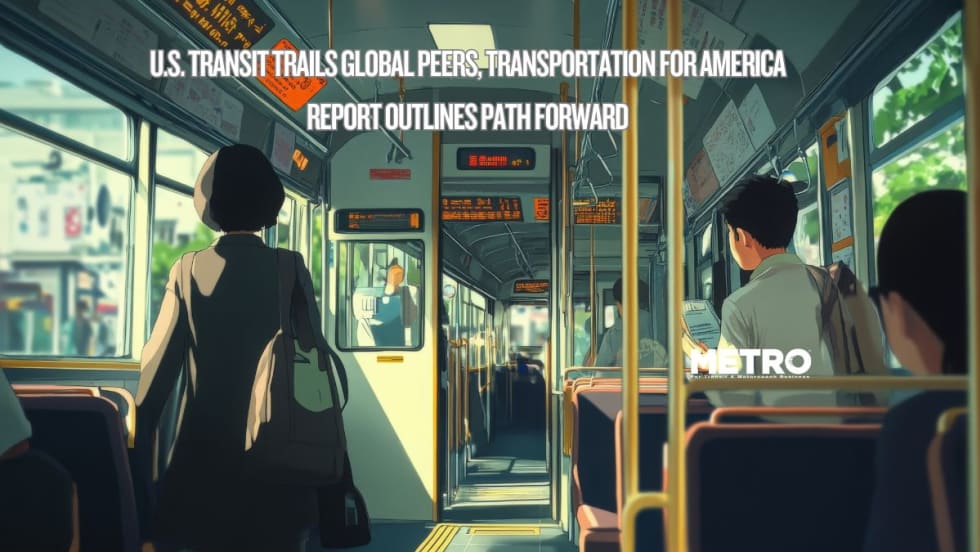
The analysis finds that a $4.6 trillion investment across all levels of government over 20 years ($230 billion per year) would be required to build, operate, and maintain a transit network that approaches the level of service within a cohort of 17 global cities with world-class transit systems.
Read More →
Stay informed with these quick takes on the projects and companies driving progress across the transportation landscape.
Read More →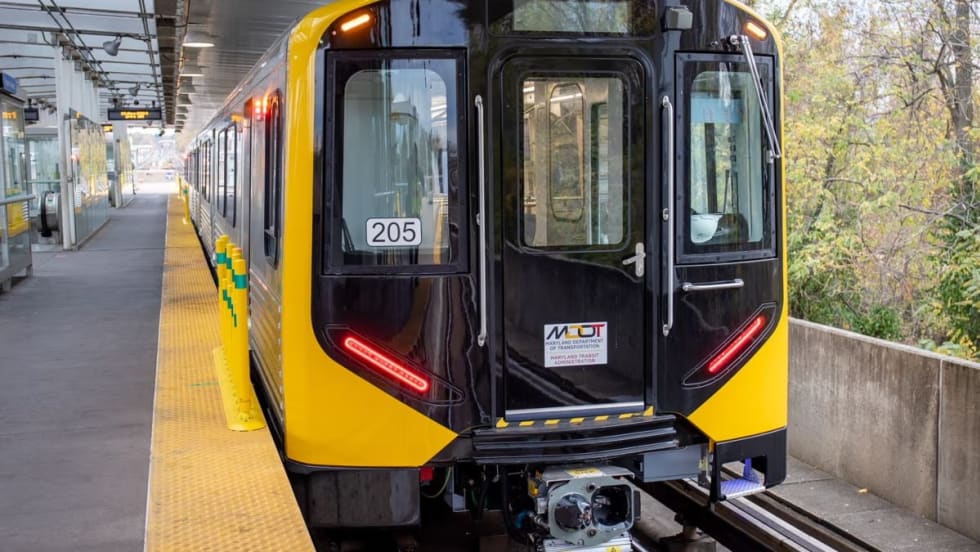
Stay informed with these quick takes on the projects and companies driving progress across the transportation landscape.
Read More →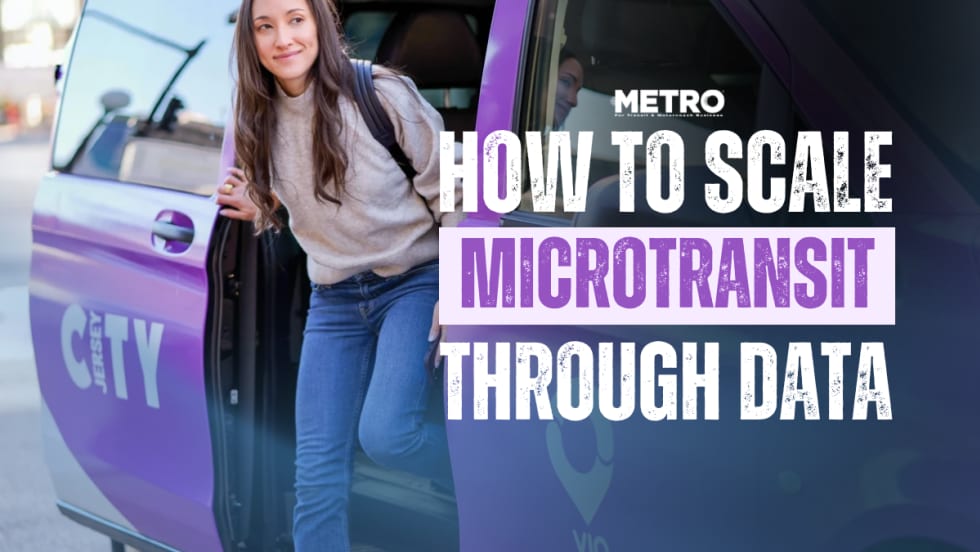
Via data shows microtransit boosts job access, equity, and commutes when designed to feed fixed routes, not compete with them.
Read More →